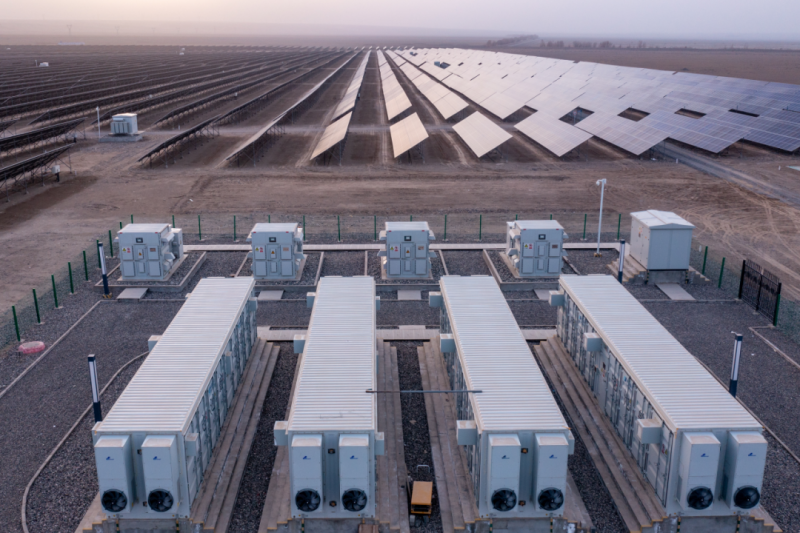
Set . 10, 2024 10:49 Back to list
Advanced Energy Management System (EMS) Solutions for Optimal Efficiency
Understanding Energy Management Systems (EMS)
In today’s world, where sustainability and efficiency are paramount, Energy Management Systems (EMS) have emerged as essential tools for businesses and organizations aiming to optimize their energy use
. An EMS is a structured framework that helps monitor, control, and reduce energy consumption, ultimately leading to significant cost savings and a reduced environmental footprint.An effective EMS encompasses a variety of strategies, technologies, and practices. It starts with energy monitoring, which involves collecting data on energy usage from different sources within an organization. This data can be gathered from utility bills, on-site meters, and energy management software. The information obtained is then analyzed to identify patterns, inefficiencies, and areas for improvement.
One critical aspect of an EMS is the establishment of energy performance indicators (EPIs). These metrics help organizations quantify their energy usage and set measurable targets. By comparing actual consumption against these benchmarks, businesses can assess their performance and make informed decisions about energy investments.
energy management system(ems) product

Another crucial component of an EMS is the implementation of energy-saving measures. This may include upgrading to more efficient equipment, optimizing processes, and refining operational practices. For instance, a manufacturing facility might implement advanced control systems to reduce energy waste, while an office building might install smart lighting systems that adjust based on occupancy.
The integration of renewable energy sources is also a growing trend within EMS frameworks. Organizations are increasingly looking to solar, wind, and other sustainable energy sources to power their operations. This not only helps reduce reliance on fossil fuels but also enhances energy resilience and can lead to long-term financial savings.
Moreover, the role of technology in energy management is expanding. The use of cloud-based platforms, the Internet of Things (IoT), and artificial intelligence (AI) allows for real-time monitoring and predictive analytics. These technologies enable organizations to respond quickly to energy fluctuations and optimize performance through automated recommendations.
In conclusion, implementing an Energy Management System is a strategic move for businesses seeking to enhance their energy efficiency and sustainability. By monitoring energy consumption, setting performance indicators, and embracing innovative technologies, organizations can significantly reduce costs and minimize their environmental impact. As the world moves toward a more sustainable future, the role of EMS in achieving energy efficiency will only continue to grow.
-
Intelligent Energy Management with GPT-4 Turbo AI Optimization
NewsAug.03,2025
-
Advanced AI Energy Management with GPT-4 Turbo
NewsAug.02,2025
-
AI-Powered EMS with GPT-4-Turbo | Efficiency Boost
NewsAug.01,2025
-
Optimized Storage System for GPT-4-Turbo | High Performance
NewsJul.31,2025
-
AI Energy Management System w/ GPT-4 Turbo Efficiency
NewsJul.31,2025
-
High-Performance Energy Storage System for Reliable Power Solutions
NewsJul.30,2025























